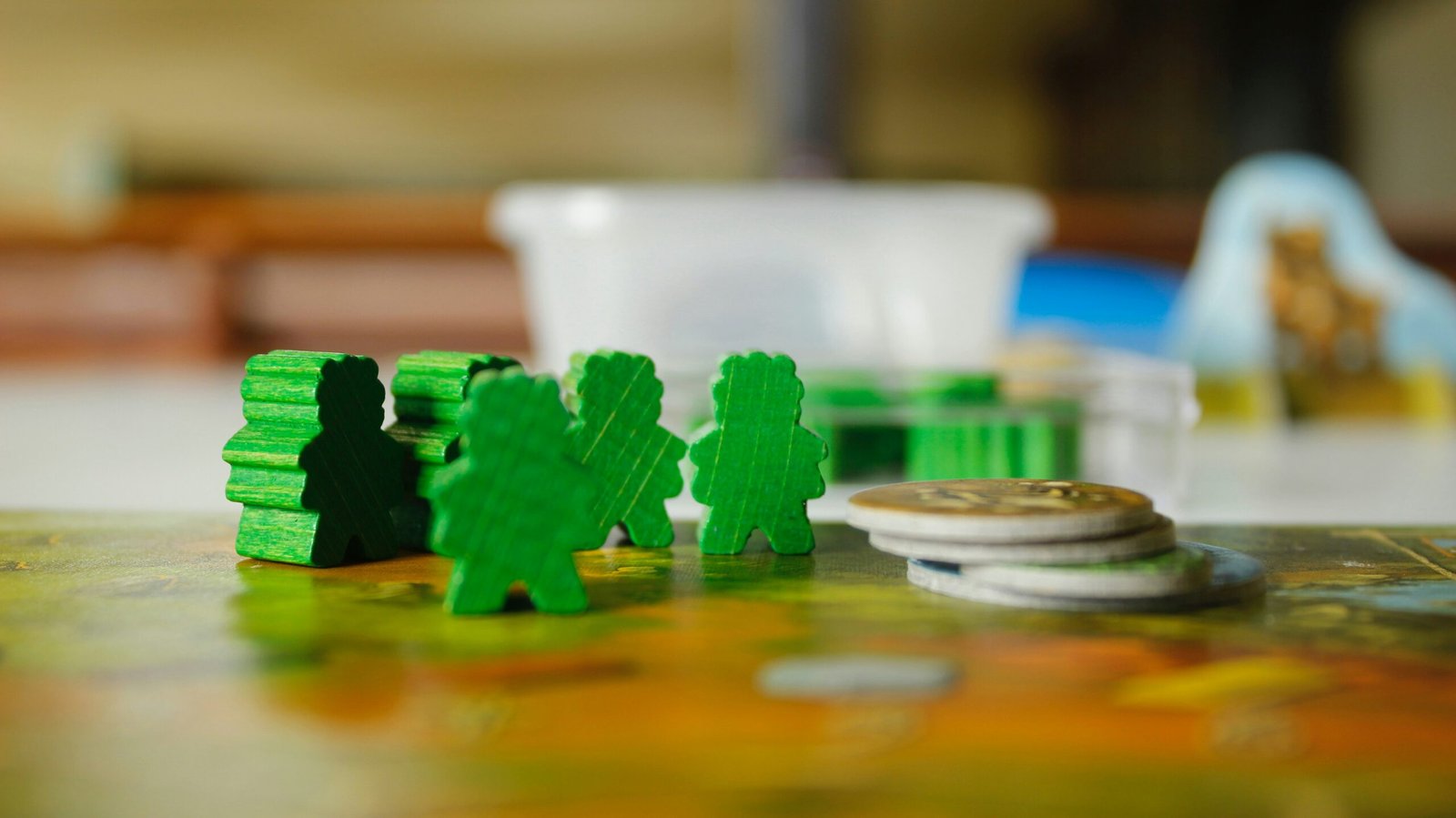
To incorporate Montessori principles into your daily routines, you must consider the environment you create for your child. Think about how you can foster independence and hands-on learning experiences seamlessly into your day. Setting up child-friendly spaces is just the beginning; there is a whole world of Montessori activities waiting to be explored beyond that. Encouraging your child to engage in practical life tasks, sensory experiences, and more can truly transform your daily interactions. But remember, embracing the Montessori way is not just about the activities; it's about a mindset shift that can revolutionize your child's development.
Understanding Montessori Philosophy
If you want to grasp the essence of Montessori philosophy, focus on fostering independence and self-directed learning in children. Maria Montessori believed that children have a natural inclination to explore and learn from their environment. By nurturing independence, you're allowing children to develop essential life skills and a sense of autonomy from a young age.
In a Montessori environment, children are encouraged to make choices about their activities and learning pace. This self-directed approach empowers them to take ownership of their education and develop a lifelong love for learning. Rather than being passive recipients of knowledge, children actively engage with materials and concepts that pique their interest.
Montessori philosophy also emphasizes the importance of hands-on learning experiences. By providing children with concrete materials, such as counting beads or sensorial objects, they can engage their senses and gain a deeper understanding of abstract concepts. These hands-on activities not only promote cognitive development but also enhance fine motor skills and concentration.
Setting Up Montessori-Friendly Spaces
To create Montessori-friendly spaces, prioritize organizing your environment to promote independence and hands-on learning experiences for children. Arrange furniture and materials at child-height levels, making them accessible without adult assistance.
Use open shelves to display toys, books, and activities neatly labeled and easy to reach. Incorporate natural materials like wood, metal, and glass to provide a sensory-rich environment that connects children with nature.
Create designated areas for different activities such as reading, art, and practical life skills to encourage self-directed learning. Ensure that each space is uncluttered and well-organized to foster a sense of calm and order for children to explore freely.
Include child-sized furniture like tables, chairs, and shelves to empower children to take charge of their environment. By setting up Montessori-friendly spaces in this way, you're creating an environment that supports children's independence, creativity, and love for learning.
Implementing Montessori Activities
Start incorporating Montessori activities into your daily routine to promote hands-on learning experiences and independence for children. These activities are designed to engage children in meaningful tasks that develop their skills and allow them to explore their interests at their own pace.
Practical life activities, such as pouring water, sorting objects, or preparing snacks, help children develop concentration, coordination, and independence. Sensorial activities, like matching colors, identifying smells, or exploring textures, stimulate children's senses and enhance their ability to perceive the world around them.
Math activities, such as counting objects, sorting by size, or exploring patterns, lay the foundation for understanding mathematical concepts. Language activities, including storytelling, vocabulary games, or letter tracing, foster communication skills and literacy development.
Embracing a Child-Led Approach
Incorporate a child-led approach by observing and understanding your child's interests and preferences to guide their learning experiences effectively. By paying attention to what captures your child's attention, you can tailor activities to align with their natural curiosity and inclinations. Encouraging autonomy empowers your child to take charge of their learning journey, fostering independence and self-motivation.
Allow your child to choose activities based on their interests, whether it's exploring nature, creating art, or engaging in practical life tasks. Follow their lead during playtime, offering support and guidance when needed but letting them take the reins. This approach nurtures a sense of responsibility and decision-making skills from a young age.
Create a stimulating environment that reflects your child's preferences, incorporating materials and tools that spark their interest. Observe how they interact with different activities and adjust accordingly to support their development effectively. Embracing a child-led approach not only enhances learning experiences but also strengthens the bond between you and your child through shared exploration and discovery.





